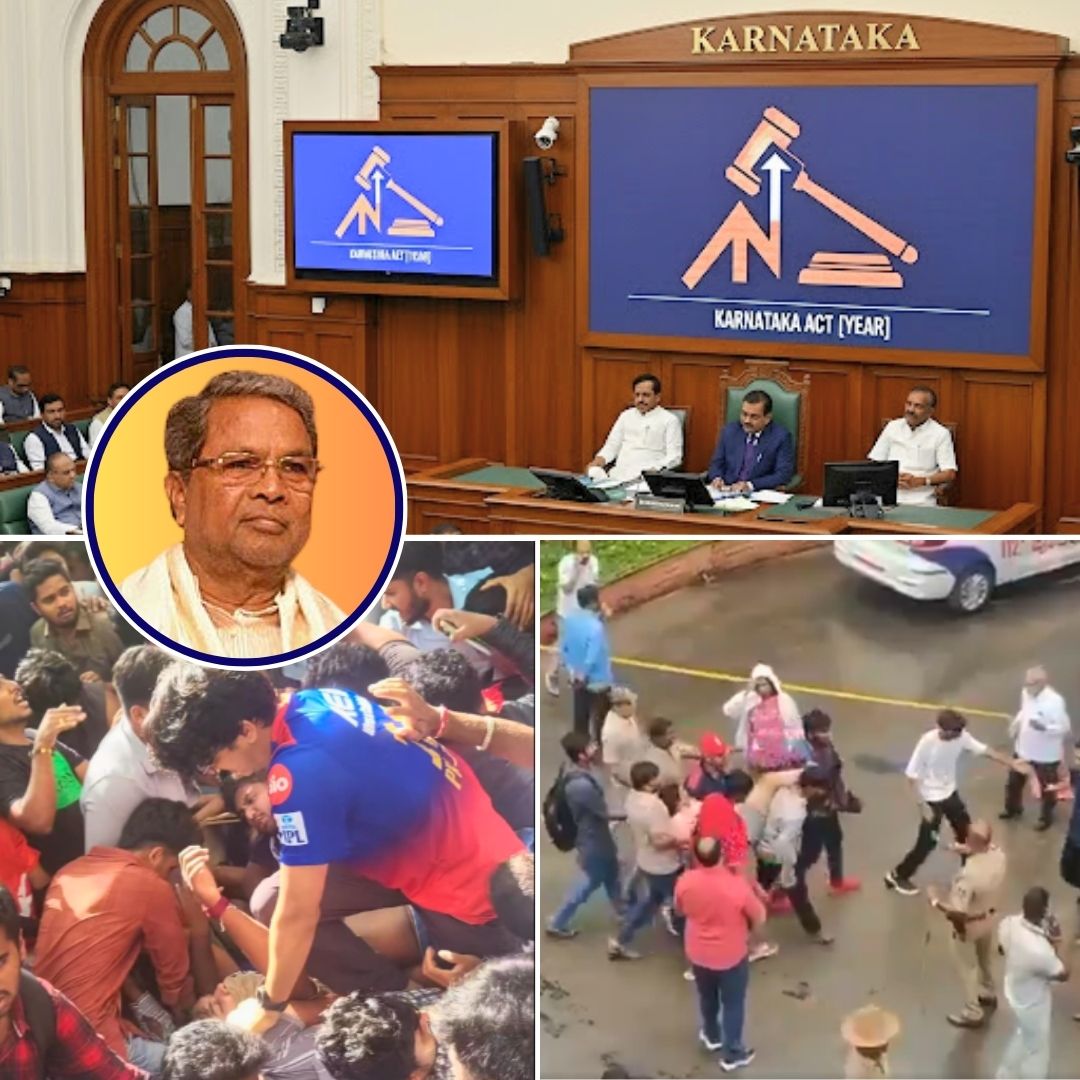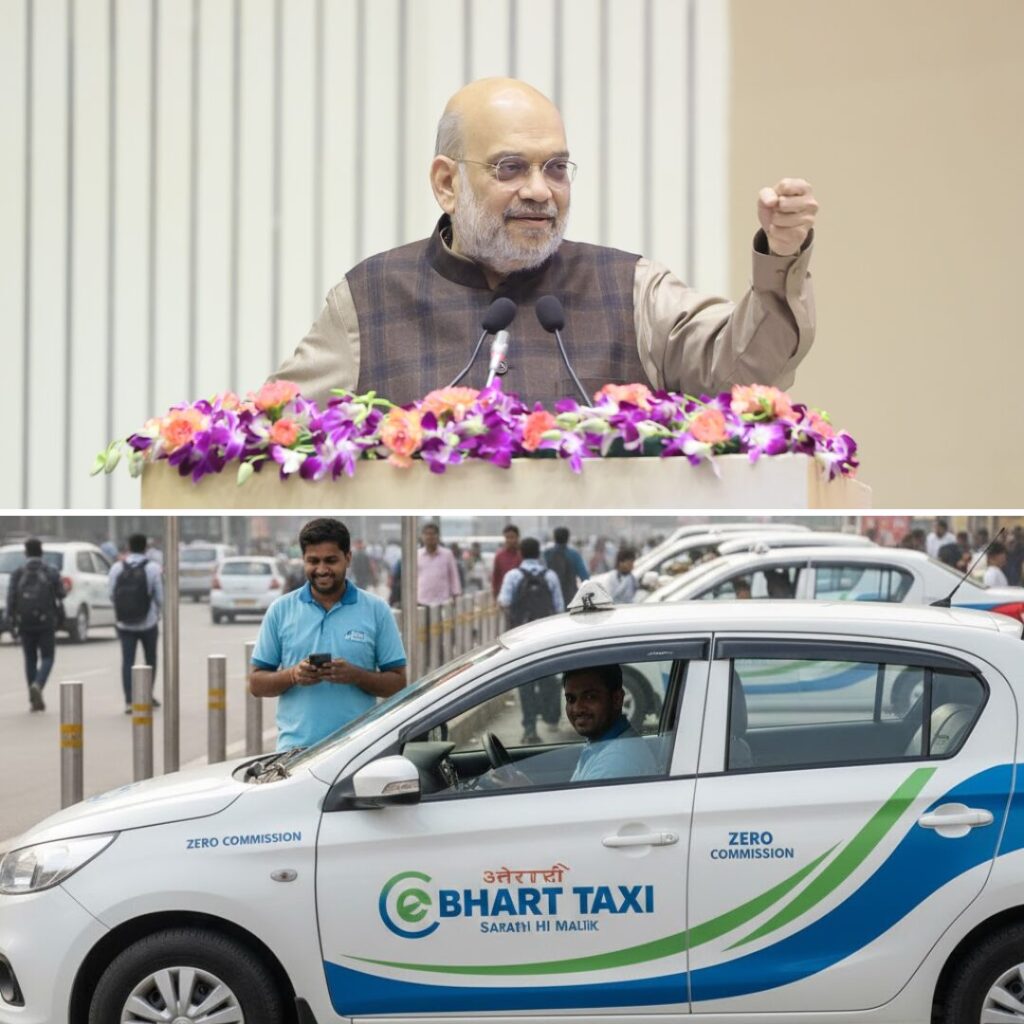Two months after the tragic stampede at Bengaluru’s M. Chinnaswamy Stadium that claimed 11 lives during the Royal Challengers Bangalore IPL victory celebration, the Karnataka Assembly has passed the Crowd Control Bill, 2025. This landmark legislation, India’s first comprehensive crowd safety law, requires prior police permissions based on crowd size, mandates safety clearances, and enforces strict penalties including jail terms up to life imprisonment for negligence leading to injuries or deaths.
The bill also holds event organisers financially liable for compensation to victims. While officials say the law is a crucial step to avoid future disasters, concerns over enforcement and procedural hurdles remain among organisers.
India’s First Dedicated Crowd Safety Law: A Closer Look
The Crowd Control Bill, 2025 aims to fill a legal void by introducing clear guidelines for organising large public events safely. According to the bill, organisers must apply for permission at least 10 days before the event and provide detailed safety and crowd management plans.
Permissions depend on the event size—local police suffice for gatherings below 7,000 people, but senior police officials must approve crowds over 50,000. The law mandates clearances from Fire, Health, Public Works, and Traffic departments, as well as an indemnity bond of Rs 1 crore.
The bill empowers authorities to monitor compliance rigorously, with powers to cancel, postpone, or modify events if risks to public safety increase. It also defines serious penalties: three to seven years’ imprisonment for negligence, up to life in cases of fatalities, fines up to Rs 1 crore, and mandatory compensation payments. Event organisers who fail to pay compensation can face property auctions to recover dues, with recoveries treated as land revenue, ensuring enforceability of victims’ rights.
Home Minister Dr G Parameshwara emphasised, “This legislation puts responsibility where it belongs—with organisers who profit from mass events and hold the lives of attendees in their hands.” The bill excludes religious and traditional festivals, focusing on political, commercial, and entertainment events to regulate high-risk environments better.
Tragic Stampede Exposes Gaps in Crowd Management
On June 4, the stadium witnessed chaos when thousands of RCB fans surged towards the gates for IPL victory celebrations. Overcrowding, poor entry management, inadequate emergency planning, and communication failures led to a stampede that killed 11 people, many of whom were young fans. Over 60 others were injured. Investigations revealed ticketing irregularities and insufficient police deployment, triggering public outcry and demands for state accountability.
In response, the government suspended police officials, arrested several event organisers, and fast-tracked the creation of crowd safety legislation to prevent reoccurrences. The tragedy exposed India’s lack of a dedicated legal framework to regulate gatherings above a certain scale. Amid rising urban populations and public events’ growing popularity, the bill aims to institutionalise risk mitigation measures and make organisers legally accountable rather than leaving victims and families to navigate legal and financial hardships alone.
The Logical Indian’s Perspective
While the Crowd Control Bill, 2025 cannot undo the pain of the victims’ families, it symbolises hope for safer public spaces. The Legislative Assembly’s timely action acknowledges that human lives must take precedence over commercial interests or political celebrations.
However, The Logical Indian believes that passing a law is merely the first step-rigorous enforcement with utmost transparency and collaboration among police, organisers, and civil society is crucial.
Equally important is fostering a culture where safety is the collective responsibility of citizens, organisers, and authorities. Only then can this legislation serve its true purpose: protecting lives, ensuring accountability, and preventing tragedies that devastate communities.












